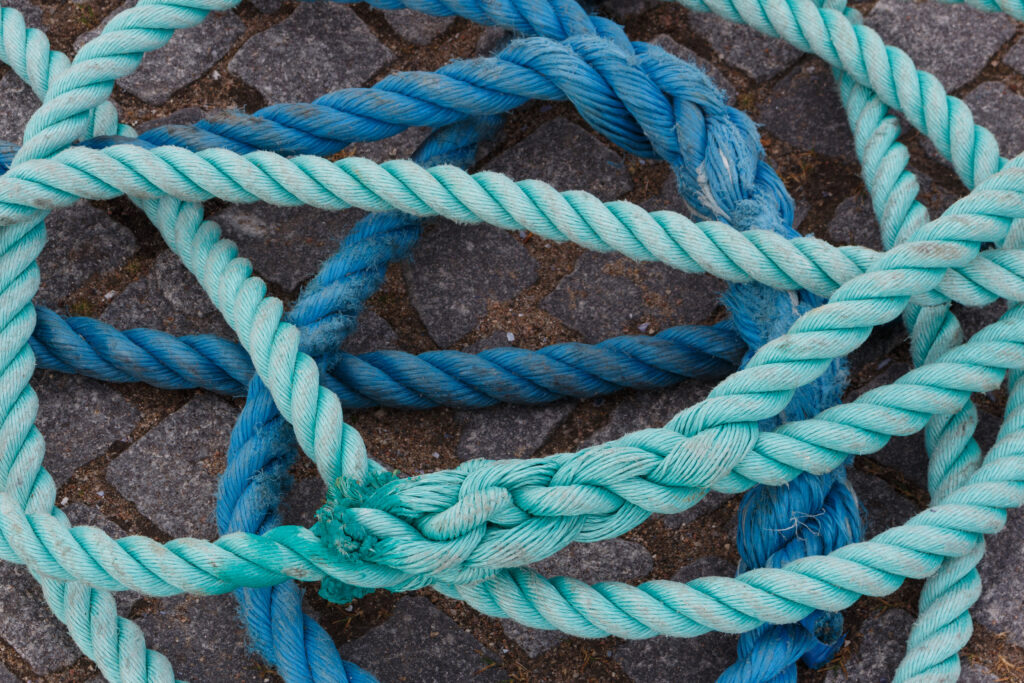Donald Trump’s decision to ease fishing restrictions in the Pacific Islands Heritage Marine National Monument is causing concern among environmental groups and scientists. The monument, covering almost 500,000 square miles, protects one of the world’s most important tropical marine ecosystems. Trump’s new order allows American commercial fishing fleets, mainly tuna vessels, to operate within the area. The change reverses protections put in place by former Presidents George W. Bush and Barack Obama.
The announcement comes at a critical time when over 80% of the world’s coral reefs are suffering from bleaching. Trump’s directive also instructs the commerce secretary to remove any regulations seen as barriers for commercial fishers.
Scientists Warn of Harm to Marine Life and Ecosystem Balance
Marine experts stress that opening the monument to commercial fishing could lead to severe environmental damage. Kingman Reef, known as the world’s most pristine coral reef, is home to a large number of apex predators like reef sharks and hammerhead sharks. These species play a key role in maintaining the balance of marine ecosystems.
Conservationists warn that relaxing protections could increase illegal and unregulated fishing. Arlo Hemphill of Greenpeace stated that allowing legal fishing could provide cover for illegal activities, making it difficult to enforce conservation laws.
Sharks are particularly at risk. Each year, more than 100 million sharks die globally due to bycatch and finning. Scientists fear that reduced protections could cause shark populations in the monument area to collapse. Recovery for many shark species can take centuries.
Endangered sea turtles also face new dangers. These turtles often become trapped in fishing gear, leading to drowning. The Pacific Islands Heritage area provides vital feeding grounds for several turtle species already at risk.
Short-Term Fishing Gains May Threaten Long-Term Fish Stocks
Environmental groups believe that the rollback will hurt fisheries over time, not help them. Research shows that marine reserves often boost fish populations outside their protected areas. By opening the monument to fishing, experts warn that fish stocks could shrink, making seafood scarcer and more expensive.
David Henkin from Earthjustice criticized the move, explaining that American tuna fleets rarely operated in the monument before because of its remote location. David McGuire from Shark Stewards echoed this concern, arguing that the rollback is based on political motives rather than scientific advice.
Hawaiian elder Solomon Kaho’ohalahala called the decision harmful to future generations. He emphasized that these protected waters are vital for Pacific Islanders’ cultural traditions and food security.
Marine biologist Douglas McCauley compared Trump’s move to allowing hunting inside Yellowstone National Park. He warned that damaging this unique marine area could have lasting impacts on both biodiversity and America’s environmental legacy.
A Global Backlash Growing
Trump’s decision has sparked criticism not only in the United States but also from international conservation organizations. Groups working to protect coral reefs, sea turtles, and sharks say that leadership is needed now more than ever to defend marine life.
At a time when global oceans face growing threats from climate change, pollution, and overfishing, many experts see strong marine protections as essential. Weakening these protections, they say, risks undoing decades of conservation progress.
